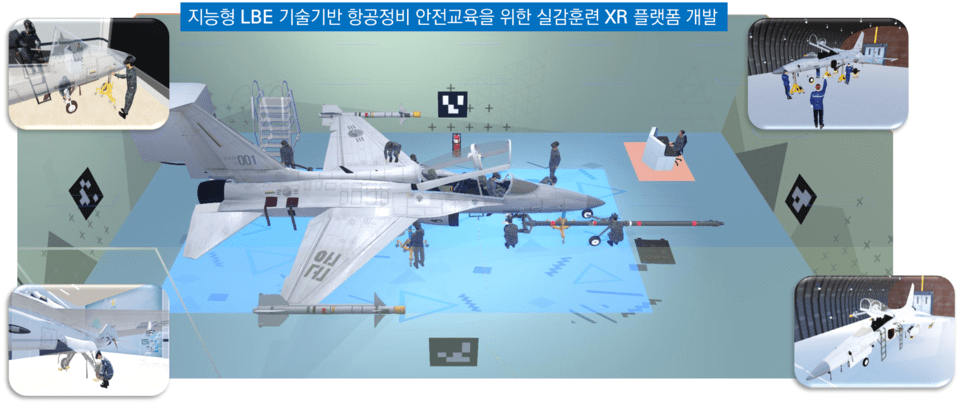By 2025, a total of 113.4 billion won will be invested in the development of next-generation defense technologies, with 132 projects to be actively pursued. The Ministry of Trade, Industry and Energy and the Defense Acquisition Program Administration have confirmed the 2025 civil-military technology cooperation project implementation plan, which is about 32% larger than last year. Approximately 63% of the total budget, or 72 billion won, will be concentrated in strategic technology fields such as AI, semiconductors, and robotics.

This plan includes projects such as amphibious reconnaissance robots, micro-suicidal drones, XR training platforms for aircraft maintenance accident response, and complex equipment for aircraft ground inspections. These are dual-use technologies with high potential for commercialization and military application.
The Ministry of Trade, Industry and Energy and the Defense Acquisition Program Administration plan to promote early integration of advanced civilian technologies into the military through the ‘Advanced Civil-Military Council.’ They aim to expand pilot operations of new technologies even before military requirements are finalized, in cooperation with the Ministry of National Defense.
In the Maintenance, Repair, and Overhaul (MRO) field, a new council involving both civilian and military participants will be established to train professionals and build a testing and certification system. Foundational projects to create an MRO specialized ecosystem will also be pursued.
To cultivate technical personnel in the defense industry base, 60 billion won will be invested annually to train more than 2,000 individuals. The focus will be on machinery, materials, electronics, and aerospace fields.
The plan also aims to enhance overseas export competitiveness. Collaborative development projects with world-renowned research institutions like MIT and Fraunhofer will be expanded, and R&D for export-type weapon system component development will be strengthened. The goal is to expand the market through technology self-sufficiency and weapon development tailored to international demand.

Institutional improvements, including the promotion of the civil-military technology cooperation project law, will also be implemented. The Ministry of Trade, Industry and Energy and the Defense Acquisition Program Administration plan to strengthen institutional support for civil-military fusion technology through regulation amendments.
The civil-military technology cooperation project has been a multi-ministerial collaboration project since 1999. Currently, 15 ministries participate, and the Civil-Military Cooperation Promotion Center under the Defense Science Research Institute is in charge.
Notable achievements include the 20-ton high-speed boat and seawater pump technology for destroyers, both of which have proven performance through military testing, contributing to coastal defense and enhancing ship survivability and operational capabilities.
Vice Minister Park Sung-taek of the Ministry of Trade, Industry and Energy emphasized, “The fusion of advanced technology and the defense industry will determine competitiveness in the defense market.” Vice Chairman Kang Hwan-seok of the Defense Acquisition Program Administration stated, “Civil-military technology cooperation is a crucial strategy to become one of the world’s top four defense powers.”